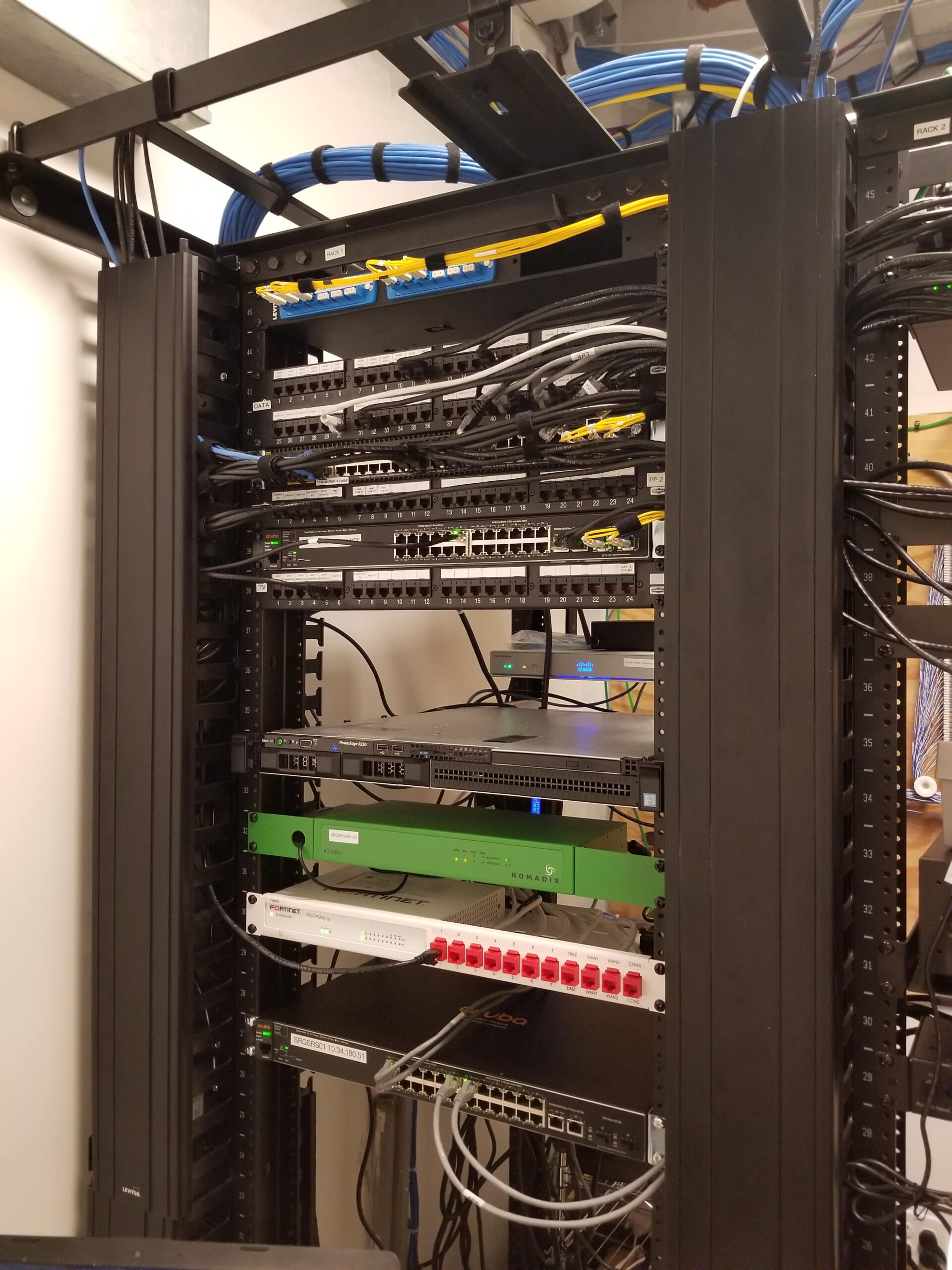In the ever-changing world of business communications, Cloud-based Private Branch Exchange (PBX) systems have become a favored option for many hotels and businesses due to their flexibility, scalability, and cost efficiency. However, this reliance on a cloud PBX provider introduces certain risks, particularly when a provider goes out of business, changes its business direction, or upgrades its software in a way that leaves your system obsolete. This article explores the potential consequences of these scenarios and examines how an on-premise PBX might offer a safety net, albeit with its own set of challenges.
Table of Contents
The Risks of Provider Withdrawal in Cloud PBX Systems
- Provider Going Out of Business:
- Service Disruption: If your cloud PBX provider suddenly ceases operations, your hotel’s communication system could experience immediate disruption. This might lead to missed guest calls, interruptions in reservations, and a breakdown in internal communications, all of which could severely impact guest satisfaction and overall hotel operations.
- Data Loss: There is a significant risk of losing crucial data—such as call logs, voicemails, and system configurations—if the provider does not facilitate data migration or retrieval before shutting down.
- Limited Transition Time: Providers may not always give sufficient notice before discontinuing services, leaving your hotel with little time to secure and transition to an alternative solution.
- Changes in Business Direction:
- Reduced Support: If a provider shifts its business focus, it might reduce resources dedicated to maintaining and updating your PBX system, potentially leading to performance degradation over time.
- Feature Deprecation: Essential features that your hotel relies on could be phased out, forcing you to adapt to new workflows or urgently seek out alternative solutions.
- Software Upgrades Leading to Obsolescence:
- Forced Migration: Providers might release software upgrades that are incompatible with your existing hardware or configurations, necessitating new investments in equipment or facing a loss of functionality.
- Training Challenges: Upgrades may introduce new interfaces or features that require staff retraining, which can be both time-consuming and expensive.
Mitigation Strategies for Cloud PBX Vulnerabilities
- Diversify Providers:
- Consider working with multiple providers or maintaining a backup communication system to reduce the risk of service disruptions.
- Service Level Agreements (SLAs):
- Ensure that your SLA includes provisions for data retrieval, migration assistance, and adequate notice in case of service termination.
- Regular Backups:
- Regularly back up all critical data, ensuring it is accessible outside of the provider’s infrastructure.
- Stay Informed:
- Maintain consistent communication with your provider to stay ahead of any business direction changes or upcoming software upgrades.
On-Premise PBX: A Potential Alternative with Caveats
While cloud PBX systems offer numerous advantages, an on-premise PBX system can provide an alternative that mitigates some of the risks associated with provider dependency. Here’s how an on-premise system can offer additional security and flexibility:
- Greater Control:
- With an on-premise PBX, your hotel retains full control over the hardware and software, reducing reliance on external providers and minimizing vulnerability to business disruptions.
- Customizable Upgrades:
- You can decide when to implement software upgrades, allowing you to align changes with your hotel’s operational needs and reduce the risk of disruptions.
- Data Security:
- Hosting your PBX system onsite ensures that sensitive data remains within your control, reducing the risk of losing crucial data due to provider issues.
- Access to Technicians:
- With an on-premise PBX, you have the advantage of being able to find and hire new technicians who can work on your system. Unlike cloud PBX systems, where you’re entirely dependent on the provider’s support, an on-premise system allows you to tap into a broader pool of skilled professionals. This means that even if your current technicians move on, you can still maintain and service your PBX system without being tied to a single provider.
However, it’s important to recognize that on-premise PBX systems come with their own set of challenges:
- Higher Upfront Costs:
- Implementing an on-premise PBX requires a significant initial investment in hardware, software, and infrastructure.
- Maintenance Responsibility:
- Your hotel is responsible for the ongoing maintenance, troubleshooting, and upgrades, which may necessitate dedicated IT staff or outsourcing to skilled technicians.
- Scalability Limitations:
- Scaling an on-premise system can be more complex and costly compared to the flexibility inherent in cloud-based solutions.
Conclusion
While cloud PBX systems offer flexibility and cost benefits, they also expose your hotel to risks associated with provider dependency. Implementing mitigation strategies—such as diversifying providers, securing robust SLAs, and maintaining regular data backups—can help safeguard your hotel’s communication infrastructure. An on-premise PBX system offers greater control, access to skilled technicians, and enhanced security, but also comes with higher costs and maintenance responsibilities. Ultimately, a balanced approach that leverages both cloud and on-premise solutions may provide the most resilient strategy for your hotel’s communication needs, ensuring continuity, reliability, and control in an uncertain market.

